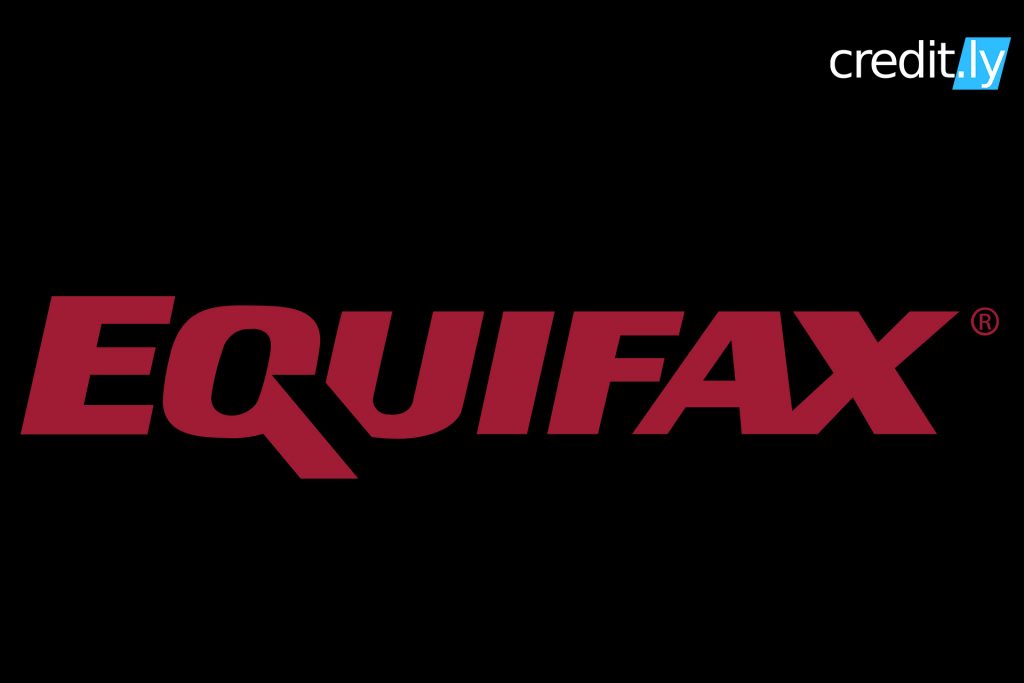[et_pb_section fb_built=”1″ _builder_version=”3.22.3″][et_pb_row _builder_version=”3.25″ background_size=”initial” background_position=”top_left” background_repeat=”repeat”][et_pb_column type=”4_4″ _builder_version=”3.0.47″ custom_padding=”|||” custom_padding__hover=”|||”][et_pb_post_title _builder_version=”3.26.6″ title_font=”|700|||||||” link_option_url_new_window=”on” z_index_tablet=”500″ title_text_shadow_horizontal_length_tablet=”0px” title_text_shadow_vertical_length_tablet=”0px” title_text_shadow_blur_strength_tablet=”1px” meta_text_shadow_horizontal_length_tablet=”0px” meta_text_shadow_vertical_length_tablet=”0px” meta_text_shadow_blur_strength_tablet=”1px” box_shadow_horizontal_tablet=”0px” box_shadow_vertical_tablet=”0px” box_shadow_blur_tablet=”40px” box_shadow_spread_tablet=”0px” text_shadow_horizontal_length_tablet=”0px” text_shadow_vertical_length_tablet=”0px” text_shadow_blur_strength_tablet=”1px”][/et_pb_post_title][et_pb_text _builder_version=”3.29.3″ z_index_tablet=”500″ text_text_shadow_horizontal_length_tablet=”0px” text_text_shadow_vertical_length_tablet=”0px” text_text_shadow_blur_strength_tablet=”1px” link_text_shadow_horizontal_length_tablet=”0px” link_text_shadow_vertical_length_tablet=”0px” link_text_shadow_blur_strength_tablet=”1px” ul_text_shadow_horizontal_length_tablet=”0px” ul_text_shadow_vertical_length_tablet=”0px” ul_text_shadow_blur_strength_tablet=”1px” ol_text_shadow_horizontal_length_tablet=”0px” ol_text_shadow_vertical_length_tablet=”0px” ol_text_shadow_blur_strength_tablet=”1px” quote_text_shadow_horizontal_length_tablet=”0px” quote_text_shadow_vertical_length_tablet=”0px” quote_text_shadow_blur_strength_tablet=”1px” header_text_shadow_horizontal_length_tablet=”0px” header_text_shadow_vertical_length_tablet=”0px” header_text_shadow_blur_strength_tablet=”1px” header_2_text_shadow_horizontal_length_tablet=”0px” header_2_text_shadow_vertical_length_tablet=”0px” header_2_text_shadow_blur_strength_tablet=”1px” header_3_text_shadow_horizontal_length_tablet=”0px” header_3_text_shadow_vertical_length_tablet=”0px” header_3_text_shadow_blur_strength_tablet=”1px” header_4_text_shadow_horizontal_length_tablet=”0px” header_4_text_shadow_vertical_length_tablet=”0px” header_4_text_shadow_blur_strength_tablet=”1px” header_5_text_shadow_horizontal_length_tablet=”0px” header_5_text_shadow_vertical_length_tablet=”0px” header_5_text_shadow_blur_strength_tablet=”1px” header_6_text_shadow_horizontal_length_tablet=”0px” header_6_text_shadow_vertical_length_tablet=”0px” header_6_text_shadow_blur_strength_tablet=”1px” box_shadow_horizontal_tablet=”0px” box_shadow_vertical_tablet=”0px” box_shadow_blur_tablet=”40px” box_shadow_spread_tablet=”0px”]
Company Profile: Equifax®
Equifax Inc. (Equifax) is a consumer credit reporting agency in the United States and is considered one of the three largest American credit reporting agencies along with Experian and TransUnion. Information that Equifax collects, and is required by law to provide to consumers annually, is included as part of three free credit reports available at AnnualCreditReport.com.
Equifax was founded in 1899 as Retail Credit Company. Equifax is considered a worldwide leader today in the information management market. Particularly in the area of personal and business financial information accumulation, organization, and distribution.
The Equifax model is focused primarily on credit, financial, employment and income, public record, demographic and marketing data. The firm has developed analytical tools that examine and analyze personal and business financial data. It also creates models that businesses and creditors use to make key strategic financing decisions. The company is also involved in fraud detection and prevention services.
Equifax’s North America Commercial Solutions segment specializes in several things. First is business credit and demographic information. Second is credit scores, and portfolio analytics, which are derived from its databases of business credit. And lastly, financial, and demographic information. Its customer base comes from a wide swath of industries. These are including the financial services, mortgage, retail, telecommunications, utilities, automotive, brokerage, healthcare, and insurance industries – as well as government agencies. Equifax stock is publicly traded on the New York Stock Exchange, under the symbol EFX.
COMPANY FACTS: Equifax is the oldest of the three major credit reporting agencies in the United States, and gathers and maintains information on more than 400 million credit holders worldwide. The global service provider generated more than
- Founded: 1899 (as Retail Credit Company)
- Headquarters: Atlanta, GA
- CEO: Paulino do Rego Barros Jr.
- Company Size: 9,500 Employees
- Company Website: https://www.equifax.com
- Twitter: https://twitter.com/Equifax
Who is Allowed to Access my Equifax Credit Report?
An institution such as a financial institution, a lender, or an insurance company has a permissible purpose. They are legally able to obtain a copy of your credit report so that they can be more informed prior to making a decision about doing business with you.
These institutions will need to access your credit report when you apply for a new loan or a credit card. They will then review the information in the credit report to determine if you are an elevated risk or not. The information will also be used to help determine what rate they are offering the loan to you. This is at and how much they are willing to lend.
People not belonging to one of these kinds of institutions will not be able to gain access to your credit report without first obtaining your written permission. Employers, rental companies, utility companies, and phone companies are only able to access your credit card with your prior authorization.
When someone does access your Equifax credit report, you will then be able to see who they are because it will be listed on your credit report under the inquiries section. If you feel that an inquiry was fraudulent or obtained outside of the permissible purpose guidelines, then you can file a report requesting Equifax to investigate the inquiry further.
Equifax and Security
Security and identity protection should be on the top of every consumer’s list. This is also why it is so important to regularly monitor your Equifax credit report. Monitor it for any unauthorized inquiries, credit, changes, or other inaccuracies. But what happens when you do your part and Equifax is still breached?
As many of us already know, Equifax was breached in 2017, and the Federal Trade Commission has since opened an investigation to look into the data hack. During the data breach, hackers were able to steal the personal and very sensitive information of more than 143 million people. This has created great uncertainty for consumers when it comes to their information. And great uncertainty for their right to protection.
The breach happened when a security fix was not installed, so the hackers took advantage of the situation and were able to gain access to all the sensitive information. They took names, social security numbers, birth dates, addresses, and license information.
To know if you were affected by fraud due to this unfortunate breach of security, you can visit Equifaxsecurity2017.com to see if Equifax believes that your data has been stolen.
Due to the incident, Equifax is currently offering free identity theft insurance, third-party credit-file monitoring, and a free credit report among other services. You can easily sign up for these services immediately after checking if you are one of the affected consumers.
To counteract any fraud on your accounts, you can freeze your credit as the first line of defense. This is so when someone attempts to use your information, they are immediately denied access and are blocked from doing so. It is also important to monitor all of your accounts regularly so that you can identify anything suspicious right away.
Scoring Used by Equifax
Equifax will generate the same FICO scores and VantageScores that you are offered from the other credit bureaus, and the scoring range for Equifax currently sits at between 300 and 850. The score from Equifax is calculated based on the available information located on your credit report. This is including the length of your credit history and the payment history on your accounts.
A good credit score rating from Equifax should typically fall around the 700 mark and above. Anything lower than that could use some improvement to help raise the score.
How Do I Raise an Equifax Credit Score?
To raise your Equifax credit score, you can do what you should do for all three credit bureaus. Continuously make your payments on time, if you have missed payments, make them immediately and then stay current with the account. You can also work to pay off any debt you have instead of moving it from account to account. Also try to re-establish a positive credit history if you have experienced problems in the past. Finally, if you are lacking in credit, you can apply for one or two credit cards. You have to make sure that you are managing them properly and responsibly. If not managed they will further damage your credit score and credit history.
How to Read Your Equifax Credit Report
Your credit report from Equifax will contain a few key elements that you will want to monitor. These include an identification section that lists the consumer’s name, address, date of birth, social security number, the date the address was filed, including any former addresses.
You will also find a section that lists any inquiries you have had on your credit report. This includes the date the inquiry was made, the member name of the inquiry, and a telephone number that you can contact them at. You will then find employment information and other public information. This includes the number of public records and other relevant information. Information such as bankruptcies or third-party collections.
Next, you will find the financing statement and trade information discussing any mortgages or loans, collateral, or judgments and the information pertaining to any trades you have. Then, the banking information section may also be listed.
[/et_pb_text][/et_pb_column][/et_pb_row][/et_pb_section]









